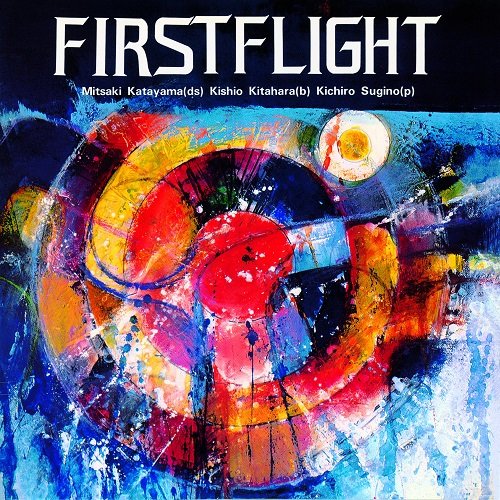Thomas Hampson & Wolfram Rieger - Songs By Richard Strauss - Notturno (2014) [Hi-Res]
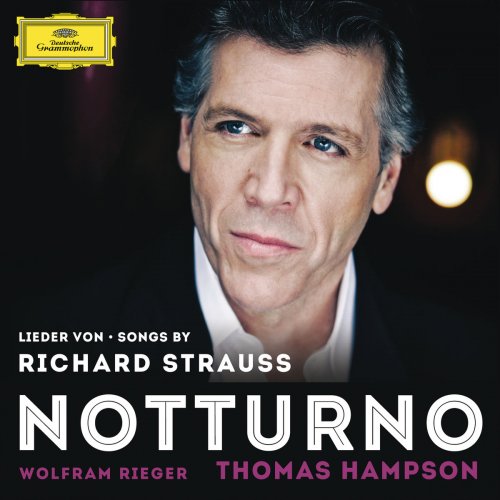
Artist: Thomas Hampson, Wolfram Rieger
Title: Songs By Richard Strauss - Notturno
Year Of Release: 2014
Label: Deutsche Grammophon (DG)
Genre: Classical
Quality: flac 24bits - 96.0kHz +booklet
Total Time: 01:10:19
Total Size: 1154 mb
WebSite: Album Preview
TracklistTitle: Songs By Richard Strauss - Notturno
Year Of Release: 2014
Label: Deutsche Grammophon (DG)
Genre: Classical
Quality: flac 24bits - 96.0kHz +booklet
Total Time: 01:10:19
Total Size: 1154 mb
WebSite: Album Preview
---------
01. R. Strauss: Acht Gedichte aus "Letzte Blätter", Op.10-1. Zueignung
02. R. Strauss: Acht Gedichte aus "Letzte Blätter", Op.10-3. Die Nacht
03. R. Strauss: Fünf Lieder, Op.15-2. Winternacht
04. R. Strauss: Sechs Lieder aus "Lotosblätter", Op.19-6. Mein Herz ist stumm, mein Herz ist kalt
05. R. Strauss: Schlichte Weisen, Op.21-4. Ach weh mir unglückhaftem Mann
06. R. Strauss: Vier Lieder, Op.27-1. Ruhe, meine Seele
07. R. Strauss: Vier Lieder, Op.27-3. Heimliche Aufforderung
08. R. Strauss: Vier Lieder, Op.27-4. Morgen
09. R. Strauss: Drei Lieder, Op.29-1. Traum durch die Dämmerung
10. R. Strauss: Fünf Lieder, Op.32-2. Sehnsucht
11. R. Strauss: Vier Lieder, Op.36-1. Das Rosenband
12. R. Strauss: Fünf Lieder, Op.39-4. Befreit
13. R. Strauss: Zwei Größere Gesänge, Op.44-1. Notturno
14. R. Strauss: Fünf Lieder, Op.48-1. Freundliche Vision
15. R. Strauss: Sechs Lieder, Op.56-6. Die heiligen drei Könige aus Morgenland
16. R. Strauss: Vier Gesänge, Op.87-1. Vom künftigen Alter
17. R. Strauss: Vier Gesänge, Op.87-3. Und dann nicht mehr
18. R. Strauss: Vier Gesänge, Op.87-4. Im Sonnenschein
Thomas Hampson possesses one of the most rich and mellow baritone voices of the postwar generations, complete with ringing top notes. His quick musical intelligence enables him not only to sing a vast and varied repertoire in song, lieder, oratorio, musical theater, operetta, and opera, but to write most of his own (very scholarly) program notes, and in addition to all that, was listed by People magazine in 1993 as one of the 50 most beautiful people in the world. Like his friend and frequent musical associate, Jerry Hadley, he is an avid student of history and in preparing lieder or opera roles, he often draws from history, literature, and cultural studies of the period. He is also an active teacher of both technique and interpretation.
When he was in high school, president of the student body and active in the Model U.N., he was first exposed to symphonic music and then sang in the school choir and later the Spokane Chorale. After he sang a solo in an arts festival, Dr. Sister Marietta Coyle, who had herself studied with Lotte Lehmann, another singer who focused deeply on meaning and interpretation, told him that if he wanted to explore his talent, he should call her. At that point, Hampson was more interested in a career in law and politics. Nonetheless, he began serious voice lessons with her, making his opera debut as the Father in Hansel and Gretel in a small local production in 1974.
In 1978, he began summer classes at the Music Academy of the West, studying with Horst Gunther and Martial Singher, the famous baritone. In college, he balanced both potential careers by getting a B.A. in government from Eastern Washington University and a B.F.A. in voice performance from Fort Wright College. However, by 1980, when he won second place in the Met's Western Region competition and in the San Francisco Merola Program auditions, his plans focused more and more on music. In the Merola program, he studied with Elisabeth Schwarzkopf, another of the great lieder teachers. In September of that year, he went to Europe and was hired at the Dusseldorf Opera. His career began to expand, particularly when at the Dusseldorf Opera he graduated to more important roles, and in 1984, he was engaged by the Zurich Opera. During the same year, Schwarzkopf and the Walter Legge Foundation sponsored his debut recital in Wigmore Hall in London. In 1986, he made his Met debut as the Count in Le nozze di Figaro and his Vienna State Opera debut as Gugliemo in Cosi. Two years later, he made his Salzburg Festival debut as the Count. In 1994, he created the role of the Vicomte de Valmont in the world premiere of Conrad Susa's Dangerous Liaisons. During the 1990s, he began teaching master classes and in 1997, he received the Citation of Merit for Lifetime Contribution to Music and Education from the National Arts Club of America.
He has recorded widely with special concentrations in German and American song, both familiar and more obscure. In musical theater, his recording of Cole Porter songs (EMI) has just the right tongue-in-cheek sophistication for the comic songs and the heart-on-the-sleeve lyric emotional expression for the romantic ones. In lieder, his recital, including Dichterliebe and An die Ferne Geliebte (EMI), shows off his voice and excellent German diction and in opera, his recording of the French version of Don Carlos also on EMI is outstanding.
In 2010 and 2011, the anniversaries of Mahler's birth and death, Hampson devoted attention to concerts and recordings featuring the composer's music. In 2011, he won the ECHO Klassik "Singer of the Year" award for his Deutsche Grammophon recording of Des Knaben Wunderhorn, the third time he has received the prestigious award. In 2012, he will sing in the premiere of Christopher Theofanidis' Heart of a Soldier at the San Francisco Opera.
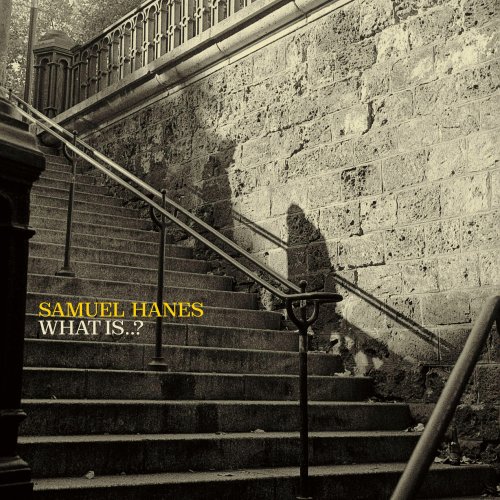
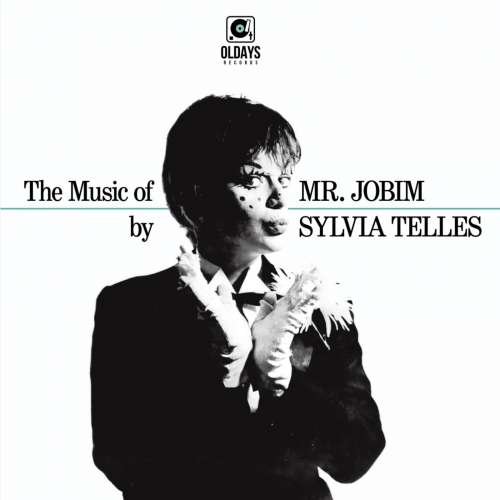
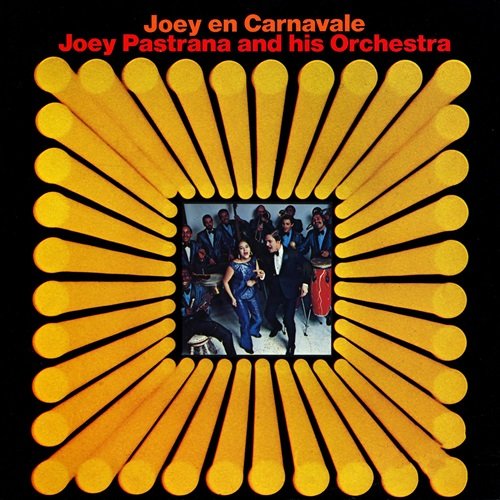
![Puma Blue - Croak Dream (2026) [Hi-Res] Puma Blue - Croak Dream (2026) [Hi-Res]](https://www.dibpic.com/uploads/posts/2026-02/1770296276_il18cxkt8vg4a_600.jpg)
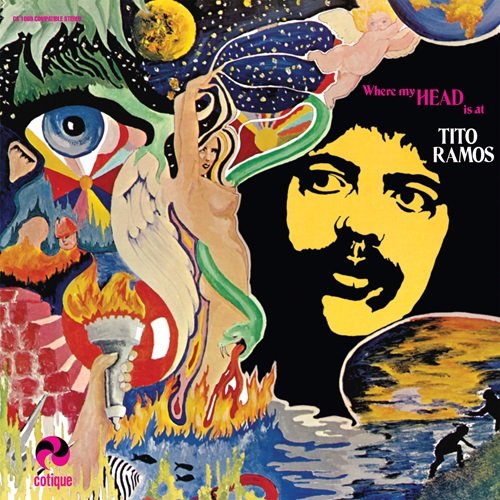
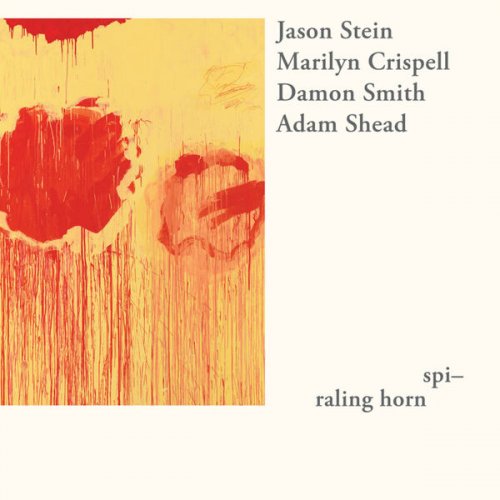
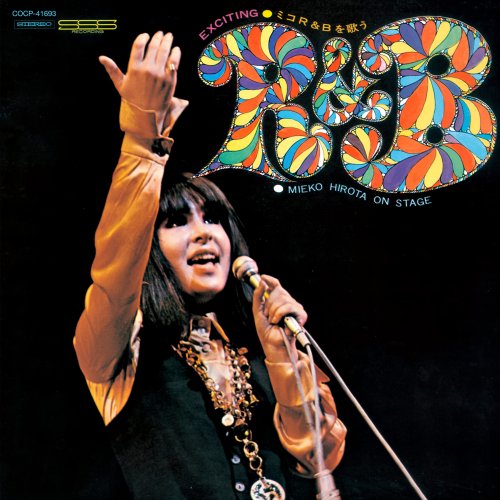
![Kannon - ...in a Sea of Fire (2026) [Hi-Res] Kannon - ...in a Sea of Fire (2026) [Hi-Res]](https://img.israbox.com/img/2026-02/06/031z27045ersqlp1m4v7qos7b.jpg)
